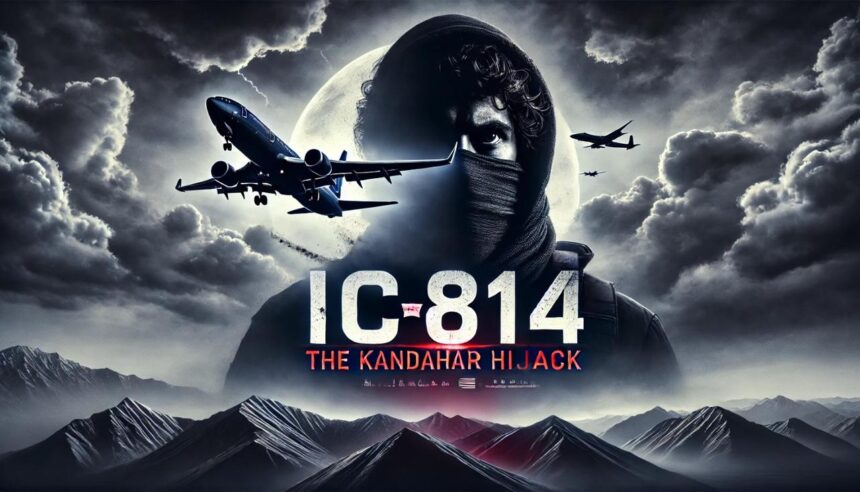One of the most horrifying and divisive events in modern Indian history is still considered to have occurred on December 24, 1999: the hijacking of Indian Airlines Flight IC 814. After this occurrence, there was a violent altercation in Kandahar, Afghanistan, during which terrorists held 176 passengers and crew members hostage for seven days. The incident’s human cost and the subsequent political fallout left a lasting impression on the nation.
The Hijack and the Key Figures Involved
Five armed terrorists from the militant organization Harkat-ul-Mujahideen took control of the aircraft during a routine trip from Kathmandu to New Delhi, marking the beginning of the hijacking. The airplane was modified by the hijackers, Ibrahim Athar, Abdul Rauf, Shakir, and Shahid Akhtar Sayed, so that it would land at multiple sites before reaching their final objective in Kandahar, Afghanistan. Pilot Captain Devi Sharan was vital in trying to keep everyone safe while talking about the demands of the terrorists.
A young man on his honeymoon named Rupin Katyal was one among the passengers. He was sadly stabbed by the hijackers and subsequently passed away, becoming the lone victim of the hijacking. The country was shocked by his death, especially his wife who was also on the airplane and saw the horrifying deed.
The three militants Maulana Masood Azhar, Ahmed Omar Saeed Sheikh, and Mushtaq Ahmed Zargar were detained in India, and the hijackers requested their release. Under tremendous pressure, the Indian government finally made the contentious decision to exchange the hostages for the freedom of these detainees. Some viewed the move made by the administration of then-prime minister Atal Bihari Vajpayee as justified, while others saw it as a surrender to terrorists.
Netflix and the Upcoming Series: Controversy and Anticipation
The IC 814 hijacking has gained renewed attention as a result of the impending Netflix series “IC 814: The Kandahar Hijack.” The series, which is helmed by Anubhav Sinha, attempts to depict the events of those terrifying days. We may expect Naseeruddin Shah and Vijay Varma, among other well-known actors, to deliver captivating performances in this rendition of a national tragedy.
But there has already been controversy surrounding the series. A few reviewers have charged Netflix with exploiting a delicate incident for their own amusement. There has been backlash to the portrayal of real-life figures like Captain Devi Sharan and the families of the victims. The fact that the Delhi High Court has even taken on petitions related to the play serves as a reminder of the incident’s ongoing sensitivity.
The Hijackers and the Aftermath
Shakir, Abdul Rauf, Ibrahim Athar, Masood Azhar, and Shahid Akhtar Sayed are the five hijackers who are currently well-known. After the militants were successfully kidnapped and later released, these individuals became well-known in the realm of international terrorism. Maulana Masood Azhar in particular went on to found the terrorist organisation Jaish-e-Mohammed, which conducted a number of attacks in India, including one on the Indian Parliament in 2001.
One of the militants, Ahmed Omar Saeed Sheikh, was eventually implicated in the kidnapping and murder of American journalist Daniel Pearl after he was released. The release of these convicts by the Indian government has sparked controversy, with some arguing that it established a worrying precedent and strengthened terrorist organizations in the area.
Conclusion
The hijacking of IC 814 was a significant event that not only tested India’s courage but also raised questions about its decision-making. Netflix’s upcoming show, “IC 814: The Kandahar Hijack,” is expected to spark new discussions about the details of the incident.

